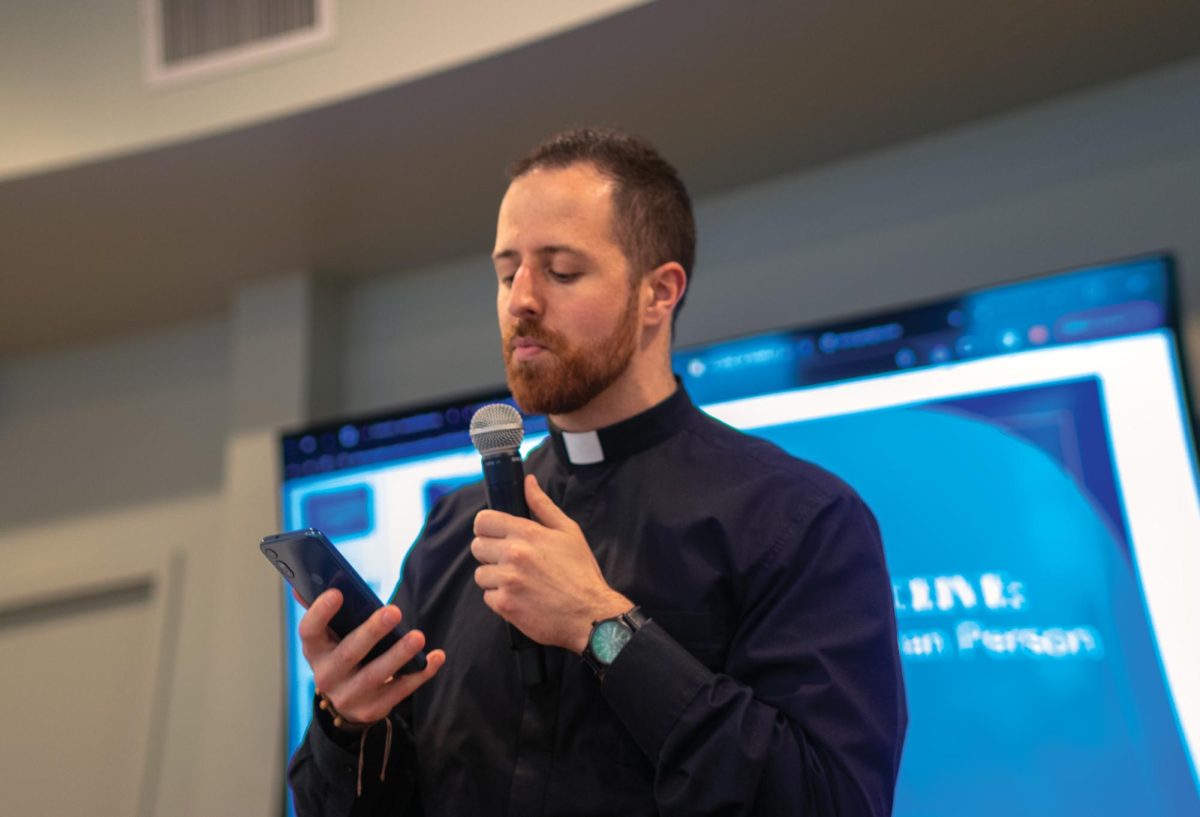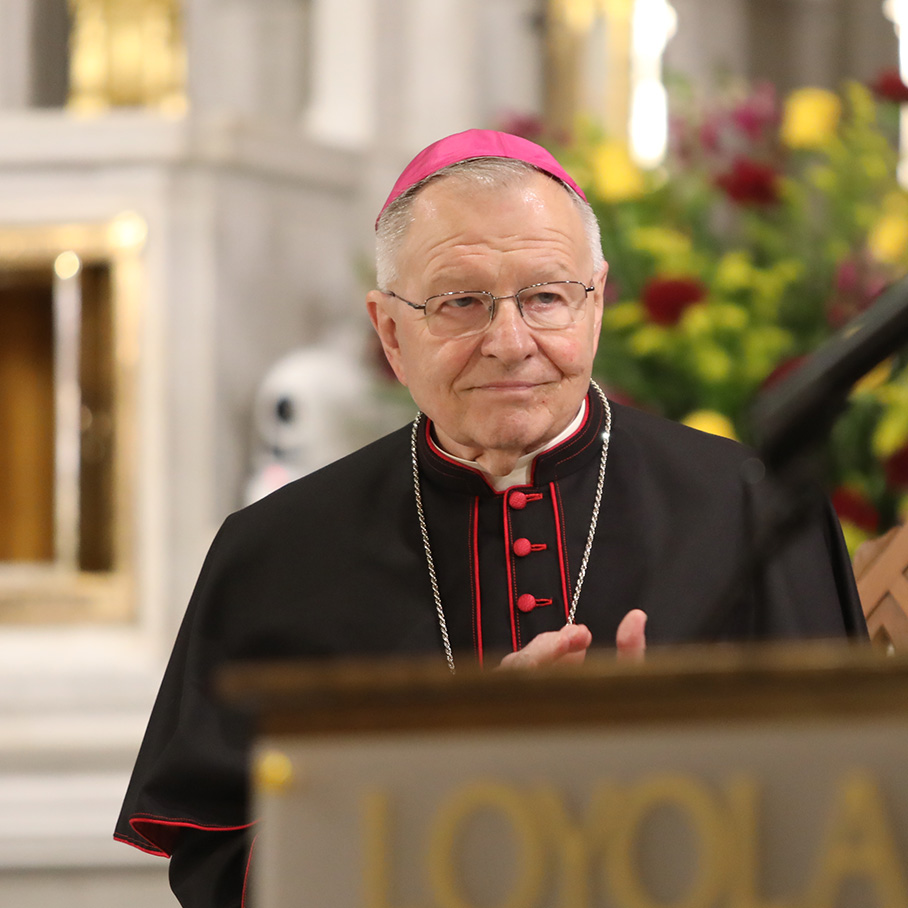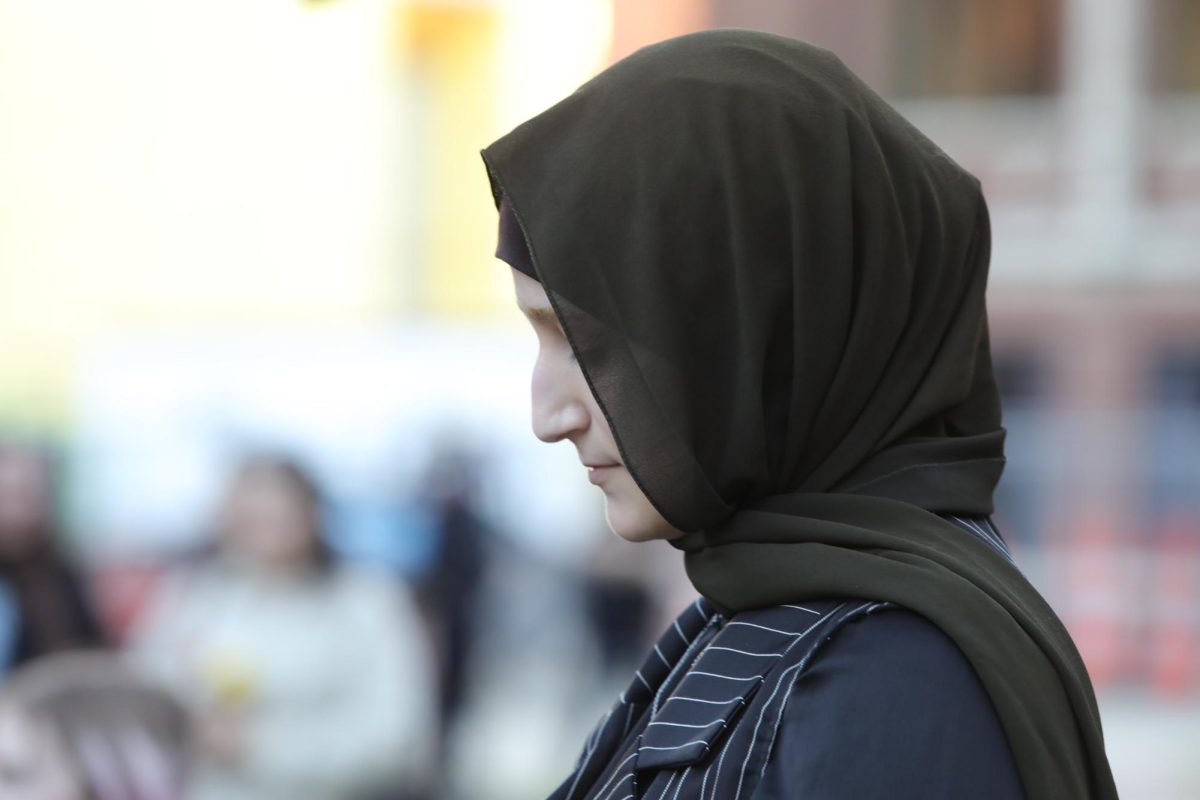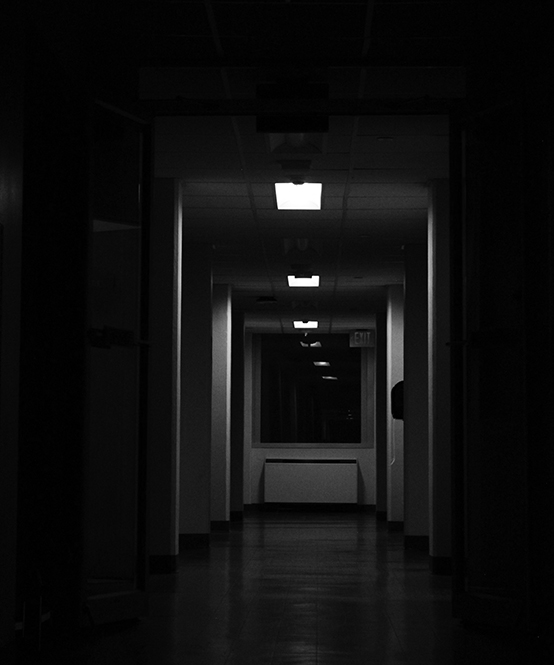A religious group called the Leadership Conference of Women Religious has recently been accused of alleged radical feminism and doctrines differing from those of the Catholic Church, which includes their position on homosexuality, birth control and masturbation.
Having been founded in 1956 by the Holy See, which is the episcopal authority of the Vatican Church, the Leadership Conference of Women Religious was formed to be a voice for leaders of orders of religious women and to carry out community services.
As is the nature of controversy, people from around the world are giving their thoughts on the group and are deciding for themselves whether or not the Leadership Conference of Women Religious is truly guilty of going against the Catholic Church, even here at Loyola.
Assistant professor Teresa Bednarz, R.S.M., believes that the group “fosters dialogue within its membership,” and is completely motivated by the teachings of love and compassion in the Gospel of Jesus Christ.
“Discussion, theological reflection, prayer, faith in the movement of the Spirit and collaboration are part of the process by which these members deliberate on how to respond to critical concerns,” said Bednarz in an email.
“The Sisters understand that Gospel-living is at the margins of society, where speaking/acting/ living in solidarity with the oppressed and marginalized in our society can and does create tensions,” she said.
Elizabeth Willems, S.S.N.D., instructor of religious studies, said that while the Leadership Conference of Women Religious is not a teaching organization that defines moral subjects, that being the Catholic Church, the group does provide support towards its leaders by following the principles on which it was founded.
“LCWR does believe in tolerance and acceptance of all people from the poor to the disenfranchised,” said Willems in an email.
Both Bednarz and Willems agreed that the Church has a right to criticize and reform the group because the Leadership Conference of Women Religious is an organization that was canonically accepted under the Vatican’s authority.
However, Bednarz thinks that the group has shown great love and courage by providing serious discussions to everyone and by addressing some of today’s important issues.
“The Sisters of LCWR are committed to dialoguing with each other, with our communities and with our brother bishops,” said Bednarz. “They are courageous in leading our congregations in a time when the Church, the world and society continues to evolve.”
Both Willems and Bednarz said that this controversy should not affect local priests and sisters because it does not directly affect themselves or their work.
“It is about the LCWR,” said Willems. “Certainly it does not change their (priests and sisters) relationship with the Vatican. Sisters and priests have respect for the Vatican and try to work with the Vatican in carrying out the mission of Jesus.”
“We are still committed to listening to the movement of the Spirit in our work,” said Bednarz. “But I can add that this controversy has certainly helped Sisters to see how much support they have for their work for the Church.”
Burke Bischoff can be reached at [email protected]














